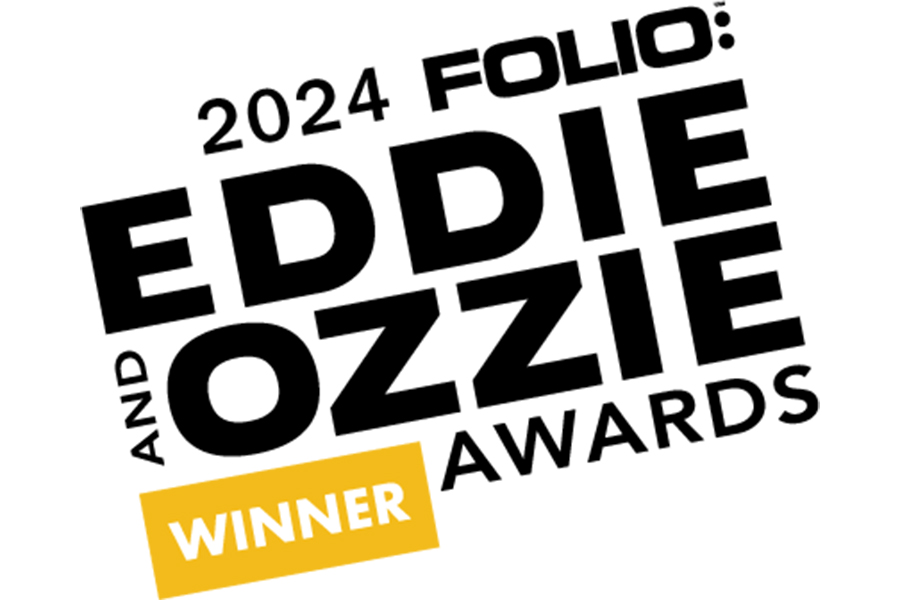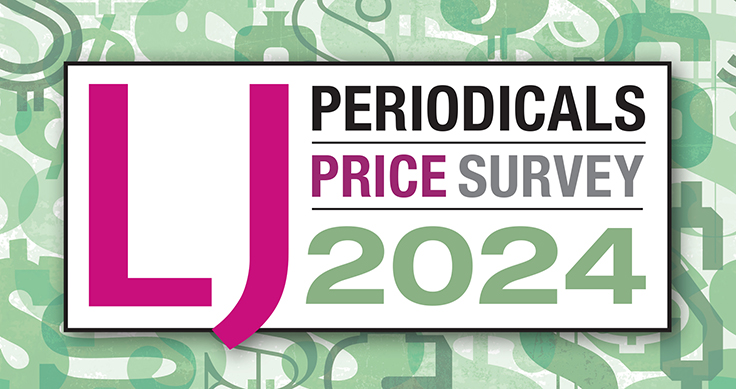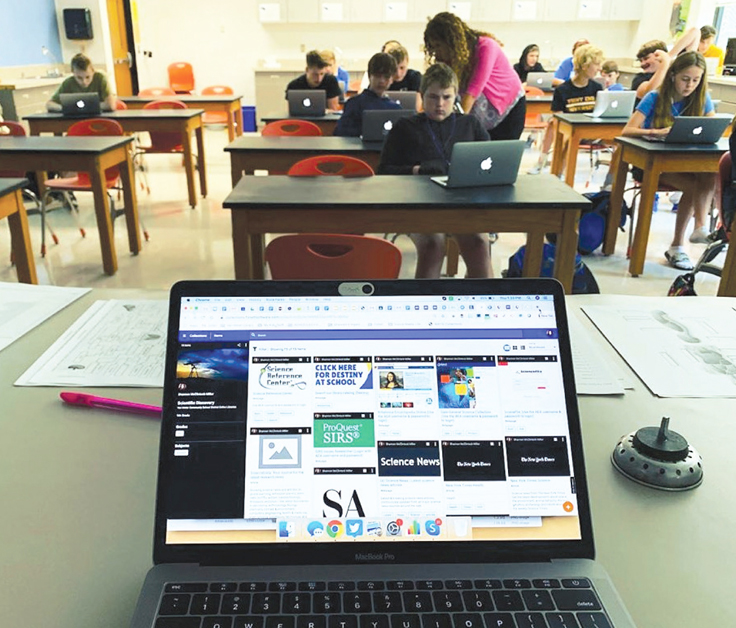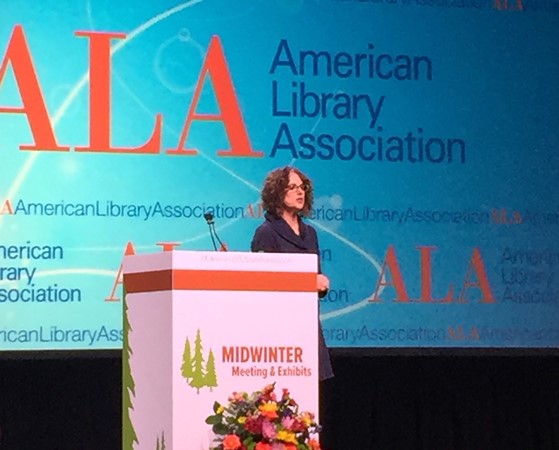Freepaywall
LJ has received an Eddie award for its February 2024 cover story “Hungry for Connection: Addressing Loneliness Through the Library,” by Editor-in-Chief Hallie Rich. In May, 2023, U.S. Surgeon General Dr. Vivek Murthy issued an advisory calling attention to loneliness, isolation, and a lack of connection as a public health crisis increasing the risk of mental health challenges and even premature death. LJ’s feature examined how library programs “can build the very relationships our nation’s public health experts say we most need to cultivate.”
Many librarians lauded the development of Open Access (OA) publishing models, which offered, at least initially, to help solve the problem of an unsustainable and inequitable scholarly communications ecosystem while simultaneously addressing a growing interest in diversity, equity, and inclusion (DEI). In the past year, the idea that, with appropriate guardrails, Artificial Intelligence (AI) can also play a role in changing scholarly communications has risen to the fore. But can OA, DEI, and AI ever live up to their promise of an affordable, equitable and sustainable publishing ecosystem?
Can libraries afford open access? LJ’s latest Periodicals Price Survey examines the state of the market.
Library Journal and School Library Journal combine editorial & marketing expertise to conduct and present the most up-to-date library market research available.
These comprehensive and reliable reports use real data to help answer hard questions and aid decision making. Our in-house research experts conduct a variety of surveys each year focused on different aspects of public, academic, special and school libraries. Each report is made available as a downloadable pdf.
How can librarians determine when their implicit bias has guided them into viewing Black patron behavior as dangerous, and hence guided them to call 911, and when a situation is actually dangerous and requires a police response?
The death of George Floyd at the hands of Minneapolis police officers not only resulted in protests throughout the country, it also forced many non-Black Americans to finally grapple with the realization that Black lives are systemically devalued. To help readers learn to recognize and combat systemic racism, several institutions and organizations are making resources readily available.
“One either allows racial inequities to persevere, as a racist, or confronts racial inequities, as an anti-racist. There is no in-between safe space of 'not racist.'” ― Ibram X. Kendi, How to Be an Antiracist
The following 11 titles, a mix of history, social science, and memoir, offer facts and reflections on systemic racial injustice as well as ways to channel feeling into action.
Public libraries are using new vendor solutions to enhance local schools’ ebook and audiobook collections, creating a new generation of library users.
Author and activist Robin DiAngelo explained that grappling with racism can be uncomfortable for white people—but it's crucial to dismantling systemic oppression.
ALREADY A SUBSCRIBER? LOG IN
We are currently offering this content for free. Sign up now to activate your personal profile, where you can save articles for future viewing









